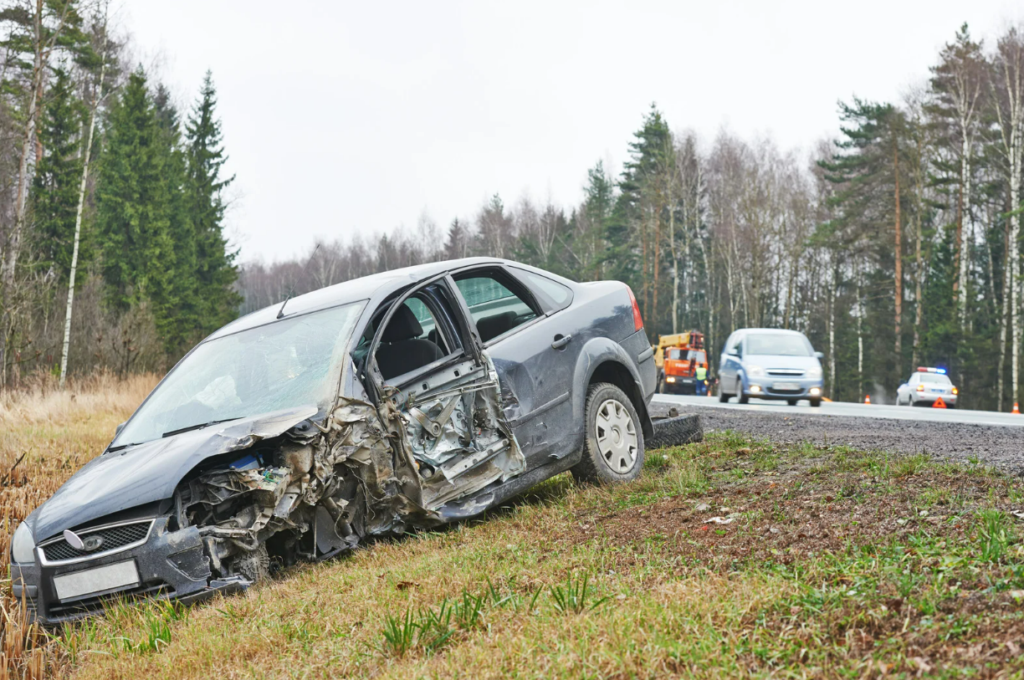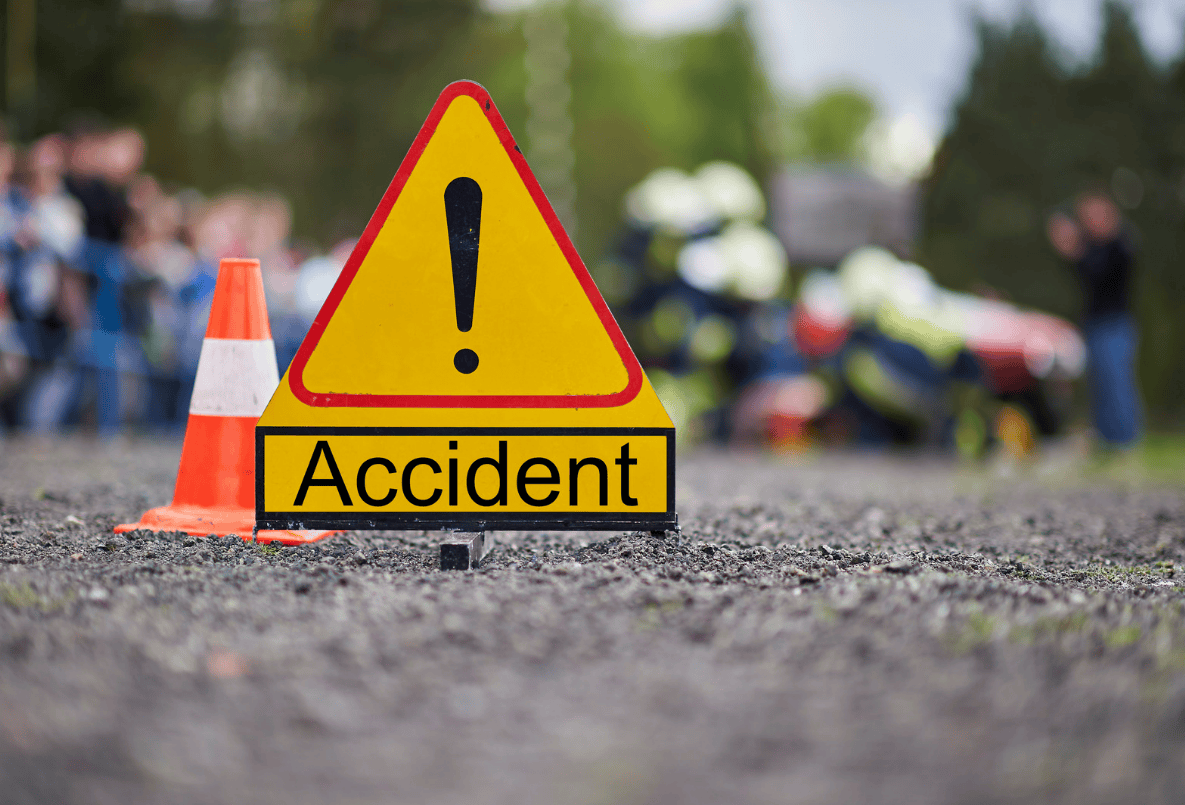Accidents, regardless of their specific cause, can result in poor mental health outcomes, as found in a 2020 study on road traffic accidents, published in the Journal of Clinical Medicine. The study showed that road traffic accident survivors reported substantial rates of PTSD (over 32%) and depression (17.4%).
Symptoms of depression, in particular, were linked to lower self-perceived socioeconomic status, medication use, and injury-related factors. PTSD symptoms, meanwhile, were also associated with lower self-perceived economic status, medication use, and injury-related factors.
If you have been in an accident, it is vital to take a proactive stance to protect your mental health. The tips below may help.
Getting Legal Matters Out of the Way
The above study showed that financial struggles can exacerbate the negative effects of accidents, which makes sense considering that victims may have to take time off work and therefore struggle not only to recover but also to meet their expenses. As noted by Pittsburgh Injury Lawyers P.C., the vast majority of personal injury claims owing to accidents are settled before going to trial.
This means that victims can improve their financial position relatively early and concentrate on their physical and mental well-being. It additionally ensures they can afford professional therapies such as cognitive-behavioral therapy, ACT, and other therapies that can help them deal with the potential long-term consequences of their injuries.

Knowing What to Expect
Following a traumatic accident, it is common for people to experience a wide range of symptoms, including flashbacks, memories, and dreams of the incident. They may also have a loss of memory, and difficult feelings (including self-blame and difficulty processing what happened).
Some may find that they have lost interest in the things they used to enjoy, or that they feel detached from other people. Yet others may become aggressive or angry, or act in reckless ways.

When to Obtain Professional Help
People deal with traumatic experiences differently, with some finding family, work, and social support sufficient, and others needing the help of a professional. If a month or so after your accident, your symptoms are not improving, see your GP. If you find that you are depressed, anxious, or experiencing PTSD, it is vital to obtain a diagnosis from a professional in mental health and receive due treatment.
People with PTSD may avoid talking about how they are feeling, in an attempt to “escape” from the impact of the traumatic event. They may also be incorrectly diagnosed with anxiety or depression, or have other more obvious challenges such as a dependence on alcohol or drugs.
Research shows that Trauma-Focused Cognitive Behavior Therapy (TF-CBT), which lasts from eight to 25 sessions, is one of the most effective. EMDR (Eye movement desensitization and reprocessing therapy) has also been proven effective for many people with PTSD.
If you have experienced an accident, it is vital to accept that you may not feel like your old self for a little while. Aim to get your legal situation in order so that your finances are not a source of worry.
If your symptoms are lingering, obtain help and do not hesitate to receive a diagnosis for mental health issues such as depression or PTSD. There are effective treatments that can help you feel much better in much less time than you may envision.


